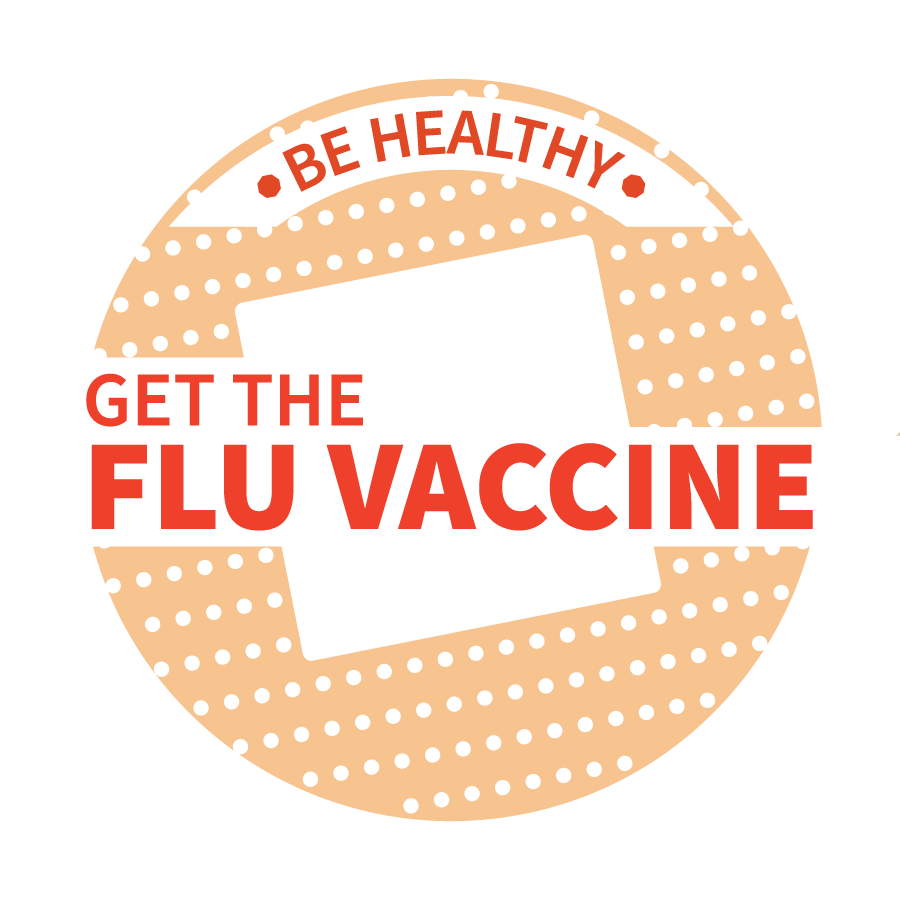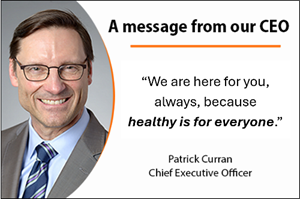According to the National Institutes of Health (NIH), people are more likely to get sick during the winter. To stay healthy, keep your vaccines up-to-date and follow these tips!
Flu 
Everyone over six months old should get vaccinated for the flu every year. It’s best to get the vaccine by the end of October when flu season starts. That way your body can make antibodies that protect you from the flu. Getting it later in the flu season still helps you stay healthy and is better than not getting it at all. If the flu virus is still circulating, healthcare providers will continue to give flu vaccines through the spring. Learn more about the flu vaccine and where to get it.
COVID-19
Everyone six months and older should get a 2024-2025 COVID-19 vaccine. This is especially important for infants, toddlers and people who are pregnant, are at high risk for severe sickness or have never had a COVID-19 vaccine. Get the latest COVID-19 vaccine updates.
Pneumonia
Children under five years should get a series of pneumococcal vaccines starting at two months old. Adults should get vaccinated if they are 50 or older. Children and adults (ages 5 to 49) with certain conditions may also benefit from this vaccine. Talk with your primary care provider to see if this vaccine is right for you. Learn more.
To avoid catching and spreading viruses:
- Stay home if you’re sick
- Wash your hands often
- Try to avoid contact with sick people
- If you sneeze, cover your nose and mouth with an elbow or tissue
- Clean surfaces that are touched often



